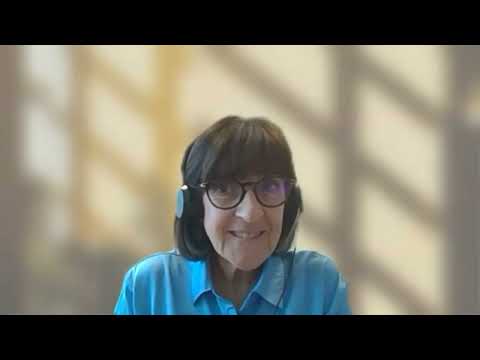Stakeholder Event on ‘The safety of plants derived from New Genomic Techniques: looking into future risk assessment challenges’
Background
New genomic techniques (NGTs) are defined as techniques capable of changing the genetic material of an organism and that have emerged or have been developed since the adoption of the GMO legislation in 2001.
The European Food Safety Authority (EFSA) assesses the safety of GMOs in relation to human and animal health and the environment in Europe. Its scientific advice is used by risk managers to decide on their possible authorisation.
Over the last ten years, the European Commission has asked EFSA to issue several scientific opinions on the risk assessment of plants obtained through NGTs based on the latest scientific knowledge and evidence in this field.
This stakeholder event – which followed the publication of an updated scientific opinion on the safety and the risk assessment of plants developed through cisgenesis and intragenesis and of an EFSA statement on the criteria for risk assessment of plants produced by targeted mutagenesis, cisgenesis, and intragenesis - set the scene for an open debate between EFSA and stakeholders on the current and future challenges in the risk assessment of NGTs.
Structure of the meeting
The event began with an overview of EFSA’s recent work on NGTs, followed by a moderated panel debate where representatives from academia, NGOs, Member States and industry gave their perspectives and discuss with EFSA the future opportunities and challenges for risk assessment in this area.
During the event, the audience had the opportunity to submit questions to the speakers and interact with the panel through a live chat.
Objectives of the meeting
The event aimed to:
- Present EFSA’s work on NGTs and promote understanding of EFSA’s role as scientific risk assessor.
- Discuss the current and future challenges related to the risk assessment of plants derived from NGTs.
- Establish a forward-looking perspective on future developments in the risk assessment of NGTs and promote dialogue with and among stakeholders.
Video recording
